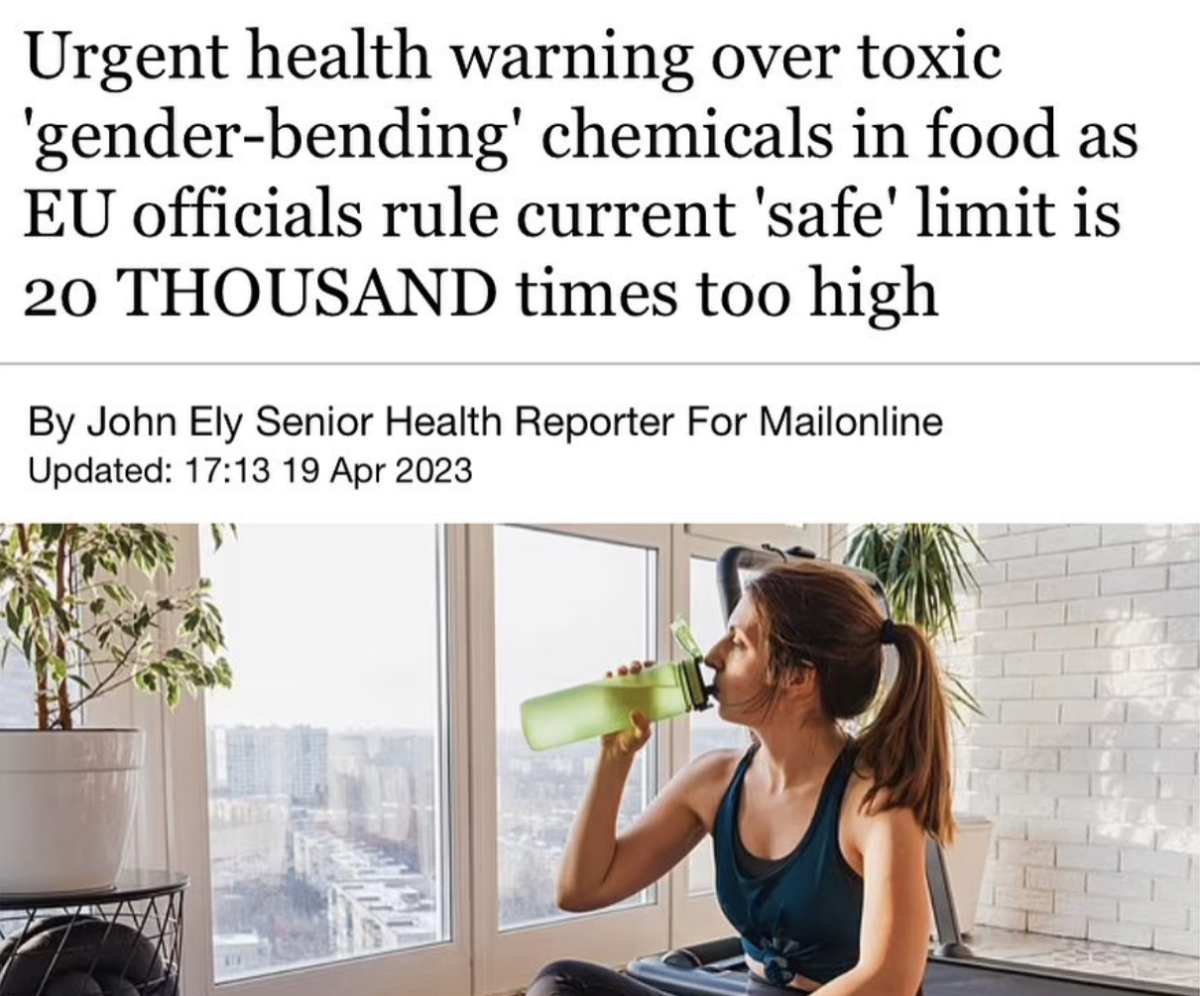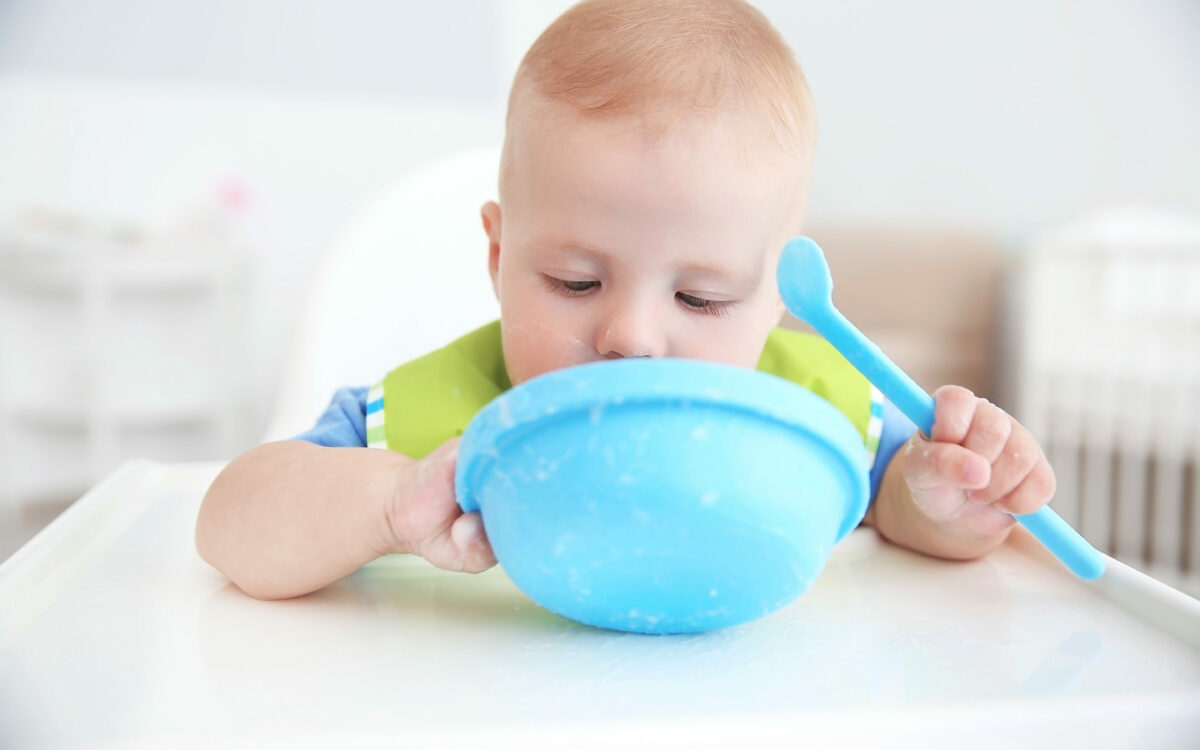
800 new studies on BPA have been reviewed by the European Food Safety Authority (EFSA), with the conclusion being that the ‘safe’ level of exposure previously set by regulators is actually 20,000 times higher than what is now thought to be safe, which is 0.2 nanogrammes per KG of a person’s body weight.
Where is BPA found?
Water dispensers, food containers, reusable water bottles and thermal paper such as receipts and travel tickets. The chemical makes its way into our bodies as these products leach the BPA into the food and drinks they contain, and in the case of receipts, directly through absorption into the bloodstream via our porous skin.
Is BPA toxic?
The chemical BPA is an endocrine disruptor, meaning it disrupts the delicate hormonal balance of the human body. In particular, it mimics the female sex hormone oestrogen. It’s linked to low sperm count, infertility in men, cancer and immune system dysfunction.

Is ‘BPA-free’ plastic safe?
It’s still unsafe. BPA has largely been replaced by its close relative, BPF. However, scientists now fear that BPF could be as harmful, or worse, than BPA.
Are recycled plastics safer? The greenwashing around ‘recycled’ plastics
Despite what many companies would like you to believe, recycled plastics are JUST AS HARMFUL TO OUR HEALTH as virgin plastics, and in some cases, even worse. Virgin plastics are made ‘for purpose’ in a controlled environment so the ingredients in them are largely known. Recycled plastics are made from a mixture of plastics from various sources, so are likely to contain more chemicals. Recycled polyester may contain BPA if it is manufactured in Asia, where BPA has been found in PET plastics (the plastic type used to make polyester).
How can we protect our families from BPA?
The best thing to do is to limit our exposure to all plastics as much as we possibly can. This includes food containers, reusable drinking bottles, baby bottles and fabrics and also cutting down on processed and ultra-processed foods (which can contain high levels of chemical contaminants such as BPA). If you do use plastics in the kitchen, never heat them in the microwave and keep them out of the dishwasher, as high temperatures will release more chemicals.
Should we panic about BPA?
As with all these things, don’t panic about things which have happened in the past, just use any new knowledge to make changes going forward. Remember, given the chance to do so (and at low exposure levels) the body is pretty good at detoxing. So fill up your and your kids’ diets with lots of healthy fresh fruit and vegetables, home-cooked meals and detoxing ingredients.
BPA-free baby products
Non-toxic baby products is what Pure Earth Collection are all about. We’ve spent years developing safer alternatives to everyday products which were typically made from plastic. To shop our range of non-toxic, plastic-free baby products click below.
Sources: Top photo and accompanying headline @mailonline
